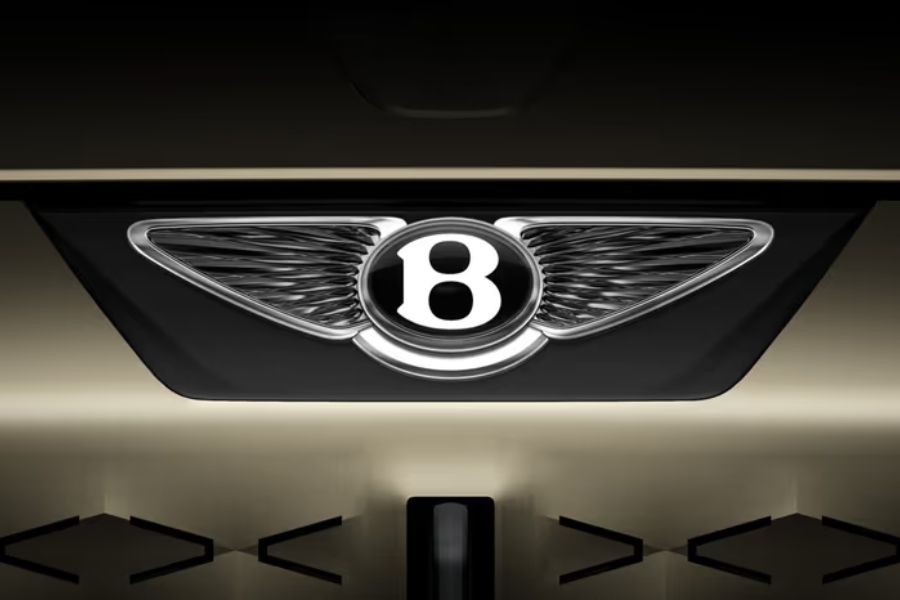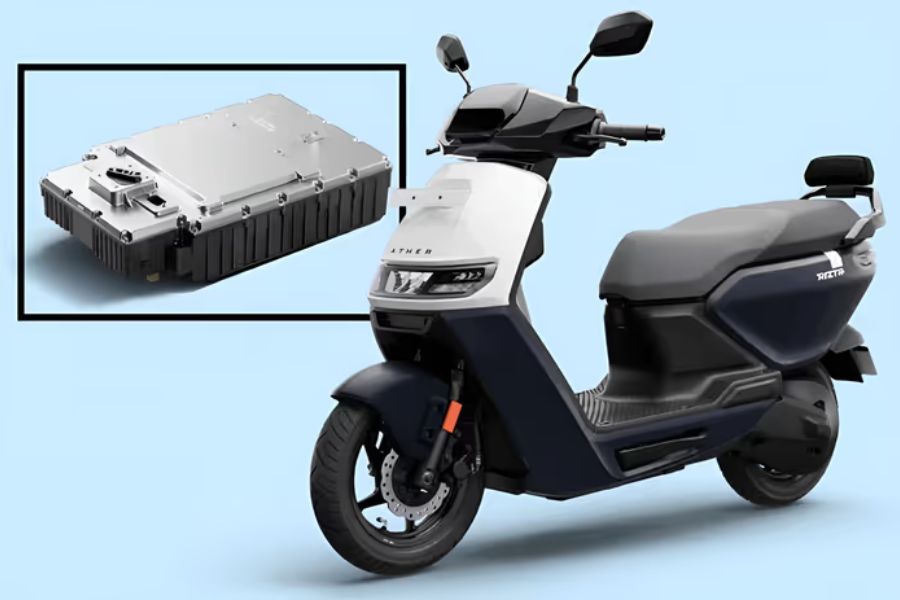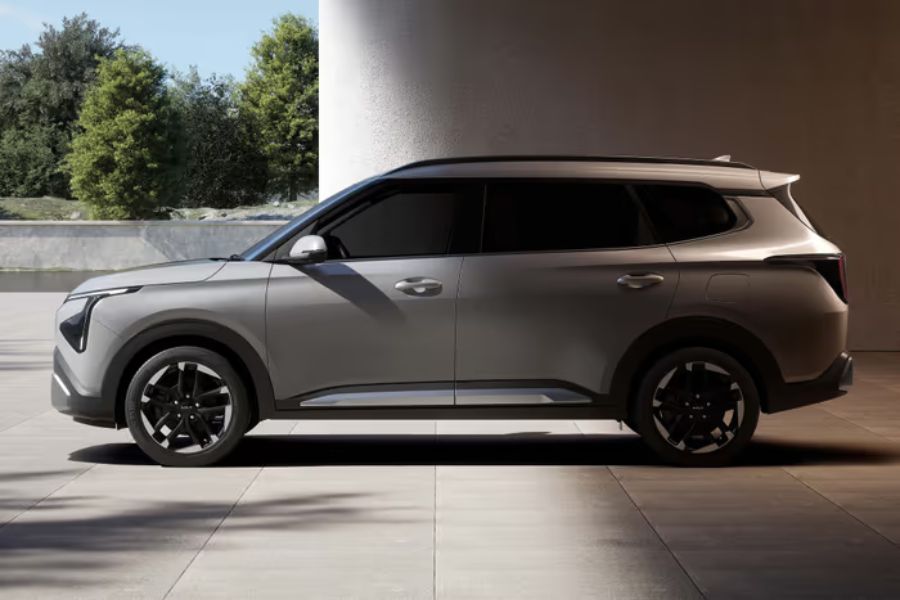During the media drive for the Tata Altroz Racer, Vivek Srivatsa, Chief Commercial Officer of Tata Passenger Electric Mobility Ltd, shared his perspectives on the future of diesel cars. Despite a market trend and regulatory pressure that seem to favor petrol and electric vehicles, Srivatsa believes diesel cars will remain in demand.
Altroz: The Lone Diesel Hatchback
The Tata Altroz stands out as the only hatchback in the market with a diesel option. Srivatsa revealed that diesel variants constitute eight percent of Altroz sales, with petrol and CNG versions making up 61 percent and 31 percent, respectively. This indicates a consistent demand for diesel, even in a segment with limited options.
Diesel Demand in Tata’s Portfolio
The Nexon compact SUV is another example where diesel maintains a significant presence. In 2023, diesel variants accounted for approximately 16 percent of Nexon’s total sales. The compact SUV market, with competitors like the Mahindra XUV300, Hyundai Venue, and Kia Sonet, offers more diesel options, yet the Nexon’s diesel sales remain strong.
Srivatsa noted, “Diesel demand has actually picked up in some of our products,” and expressed confidence that “till emissions norms allow, demand for diesel will continue pretty strong.” He does not foresee a rapid decline in diesel demand anytime soon.
Tata’s Legacy and Future with Diesel
Tata Motors has a long history with diesel vehicles, being the first manufacturer to launch a diesel hatchback in India with the Indica. Despite the challenges posed by BS6 emissions norms, which led to the discontinuation of Tata’s 1.1-litre diesel engine used in the Tiago and Tigor, the company successfully upgraded the Nexon and Altroz’s 1.5-litre diesel engines to comply with these standards.
Larger SUVs: Harrier and Safari
In the larger SUV segment, Tata’s Harrier and Safari models, powered by a 2.0-litre FCA-sourced diesel engine, continue to perform well. These models sell between 3,000-4,000 units monthly, outpacing competitors like the Jeep Compass, Meridian, and MG Hector. To ensure its large SUVs are future-ready, Tata Motors is developing an electric version of the Harrier, slated for a 2025 release.
Conclusion
Tata Motors’ commitment to diesel vehicles, despite industry and regulatory challenges, underscores the persistent demand in certain segments. With strategic upgrades and a balanced approach that includes electric vehicle development, Tata Motors aims to cater to a diverse market, ensuring diesel remains a viable option for its customers.
Read More:




